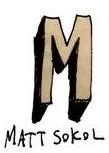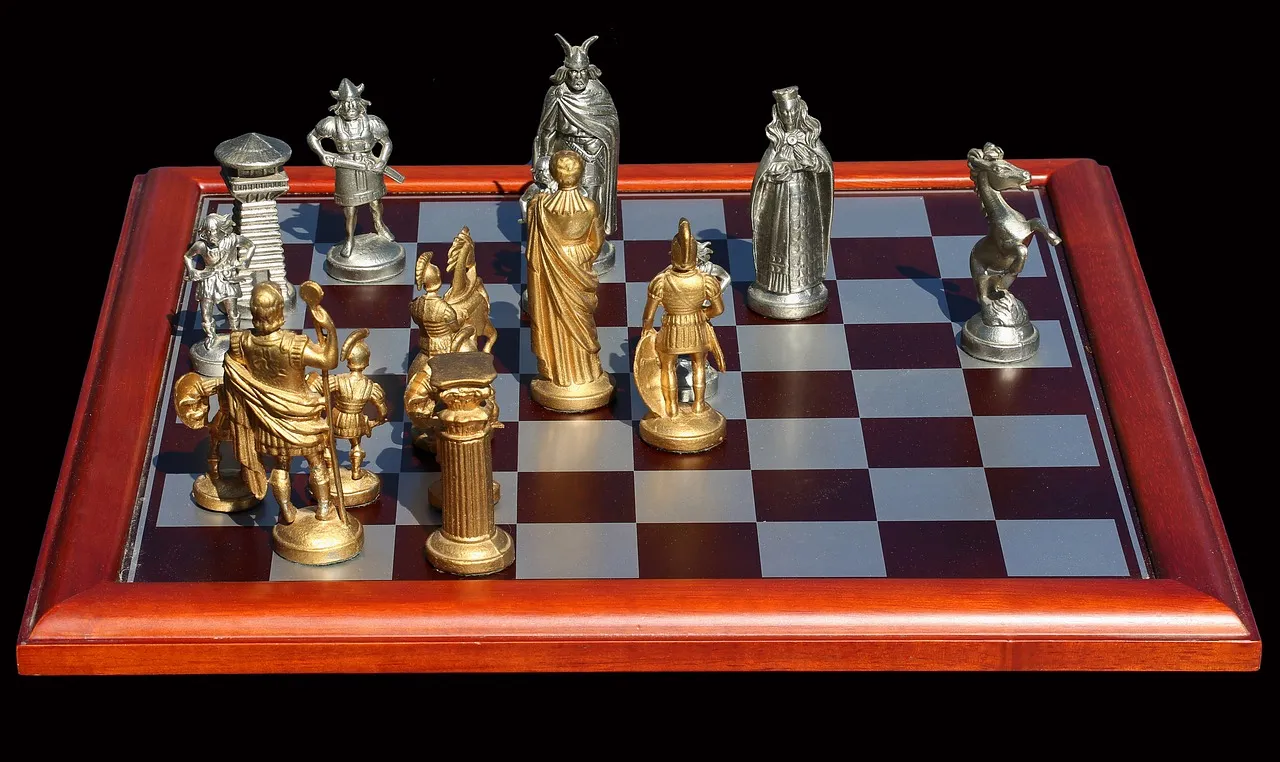
source: pixabay
In chess you are always one move away from failure and humiliation. The closer to victory you climb, the more easily you can stuff your own proverbial foot into your mouth and blunder away the game.
Here I was winning (minus is good, since I’m playing black && the arrow is the computer's recommended move):
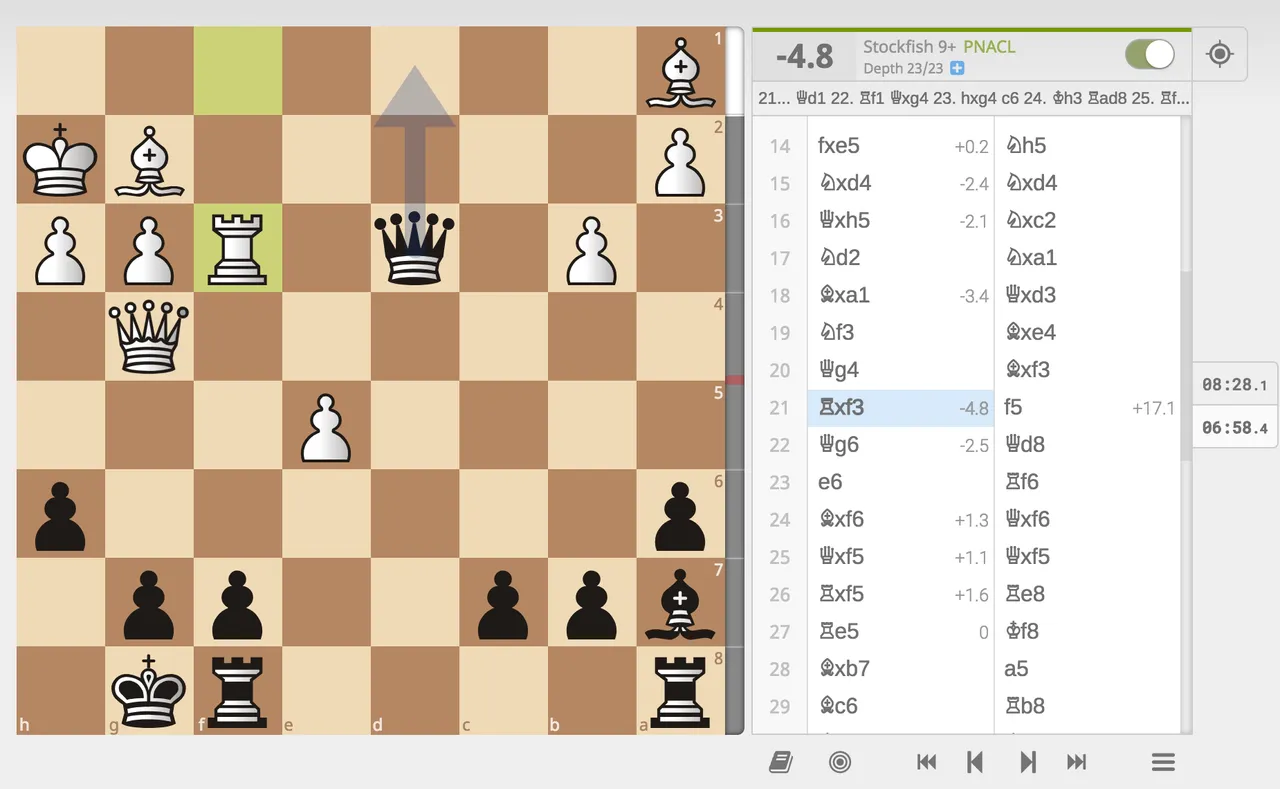
And then I threw it away (+15 means I can’t win):
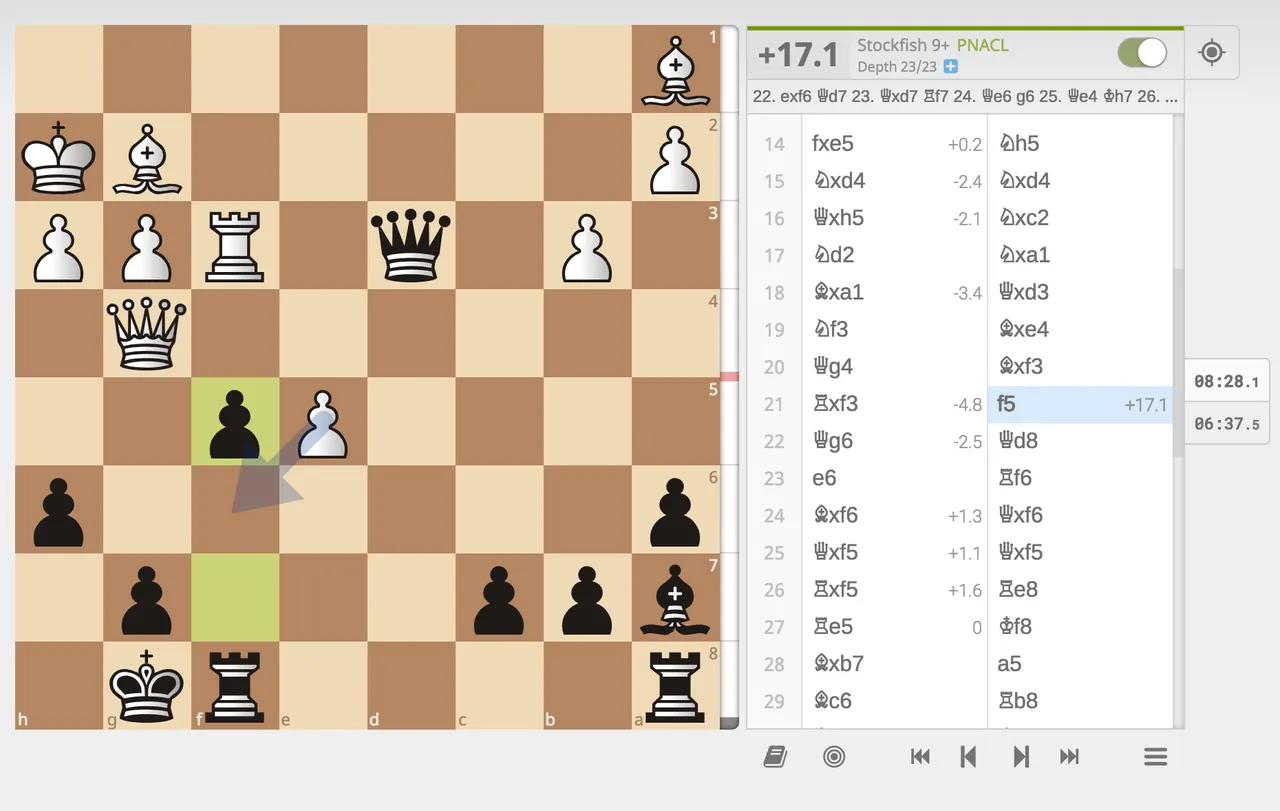
These experiences are useful. I used to get enraged by them, now I don’t blunder as often and I am not so surprised when it occurs. It turns out that chess is such an incredible game not due to any memorization of opening tactics (which is WAY overrated), but because it is a dynamic challenge that requires immaculate concentration and strategy.
When I engage with the game of chess, I feel like I’m composing for an orchestra. It’s art at the highest form.
A game like this, if you have an inkling of positional awareness for the chess board, is pure joy to behold:
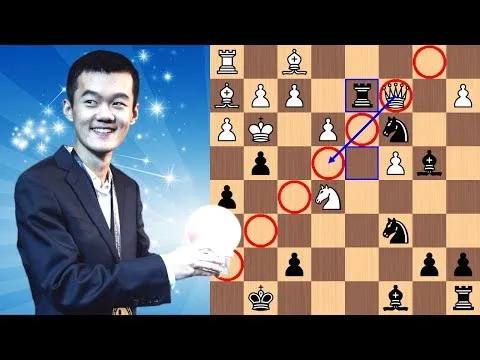
It’s information in an enjoyable form. Not so different from mathematics or music.
Life is Chess
Life works the same way.
We don’t understand consciousness, at the end of the day what we do know is that our brains take in information and process it. And much like in chess where we can’t “win” in one move, in life we have to work hard and stay focused throughout the entire process.
You can blunder it all away with one wrong move at the end.
Positional play is powerful. In the first 20 moves of a chess game you can’t try to win. There are no lines of attack that lead directly to checkmate against a decent player in that time. Instead, you play for position.
The goal is to “develop” the pieces. Move a few pawns, a bishop, the knights.
As the game goes on, the temptation builds to make a big move. To either attack your opponent, or to defend against a pending threat.
Yet the best player will be more patient and will develop as slowly as necessary. In most games at my skill level, the winner is the one who avoids the blunder for the longest. Every analysis I do with the software tells me that my opponent and I are routinely missing chances to win significant material in 1-2 moves.
It’s not about doing anything brilliant. It is about noticing the blindingly obvious and valuable opportunities that are right in front of my face, and then not blundering it all away.
Chess is fun. It’s nice to have a recreational game that provides an excellent analogy for life. I’ve been in this chess phase for about two weeks and it isn’t slowing down yet. The more I play, the more I appreciate all of the nuance of the game.
And best of all, you don’t have to buy any booster packs or add-ons.
Follow me on Instagram
Join the Mailing List, 2-3 emails per month
